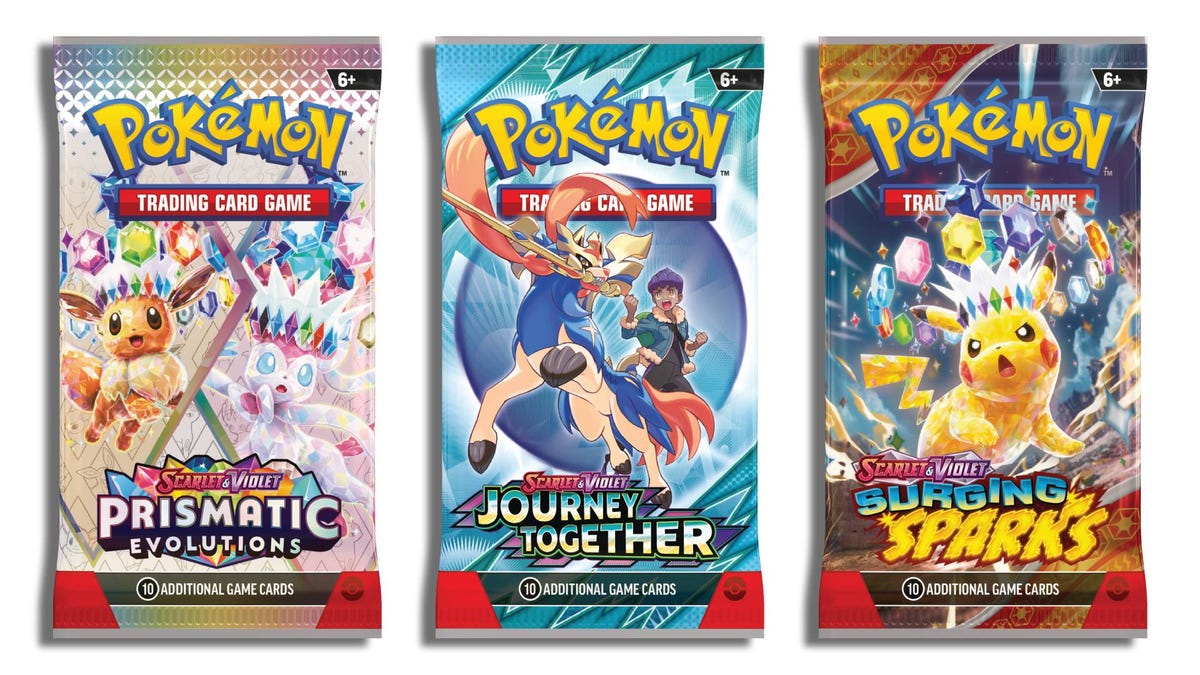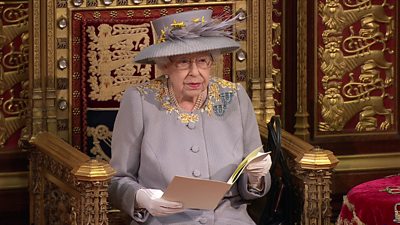Cashless Centrelink card that stops those on welfare spending their dole on booze, gambling or smokes to trialled in FOUR Australian towns
- Budget reveals a $30 million package to upskill people at the first four trial sites
- A jobs fund will be created to boost employment opportunities in the sites
- Trial sites are at regions in South Australia, Western Australia and Queensland
- The debit cards look like a regular bank card but cannot be used to buy alcohol
Some welfare recipients on the controversial cashless Centrelink debit card system will get extra support to find work through a federal budget measure.
Tuesday’s budget reveals a $30 million package to upskill people at the first four trial sites.
They are Ceduna in South Australia, the East Kimberley and Goldfields in Western Australia and the Bundaberg and Hervey Bay region in Queensland.
A jobs fund will be created to boost employment opportunities in the sites.
Funding will also go towards improving drug and alcohol rehabilitation services in the cashless debit card sites.
Some welfare recipients on the cashless debit card system will get extra support to find work through a federal budget measure
The controversial scheme quarantines 80 per cent of Centrelink payments on cards so the money can only be spent on essential items, rather than alcohol or gambling
The controversial scheme quarantines 80 per cent of Centrelink payments on cards so the money can only be spent on essential items, rather than alcohol, gambling or cigarettes.
The debit cards look and operate like a regular bank card, except they cannot be used to buy alcohol or gambling products, some gift cards or to withdraw cash.
The budget also officially locks in $9.3 billion over five years to increase the base rate of the JobSeeker unemployment payment by about $50 a fortnight.
The government is also putting $18.8 million over four years for social security agreements with the Republic of Serbia and Bosnia-Herzegovina.
It will allow the nations to share the costs of retirement income support to people who have split their working lives between the countries.



